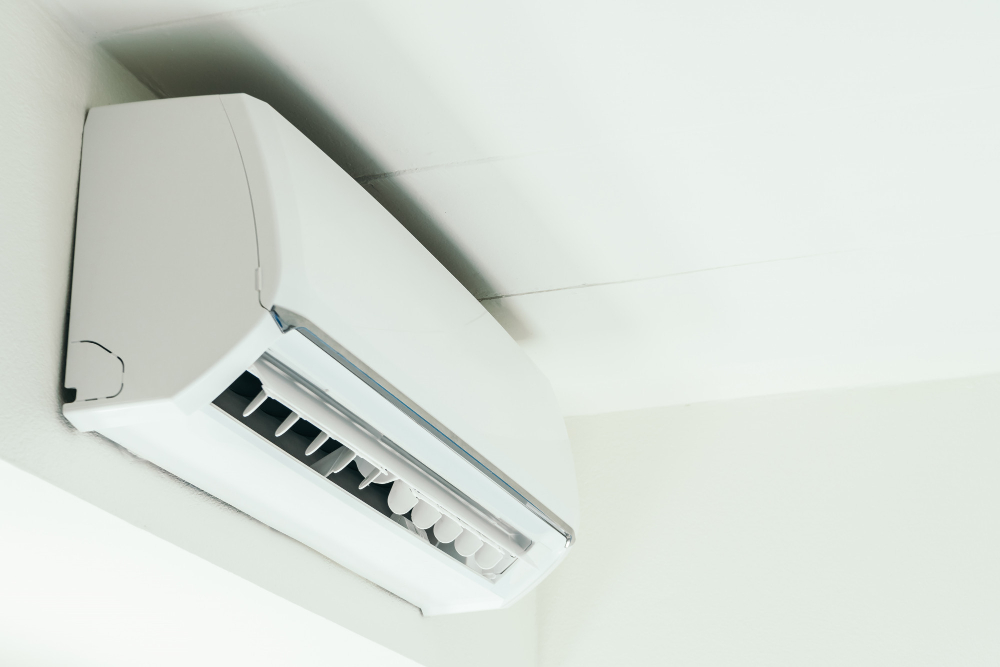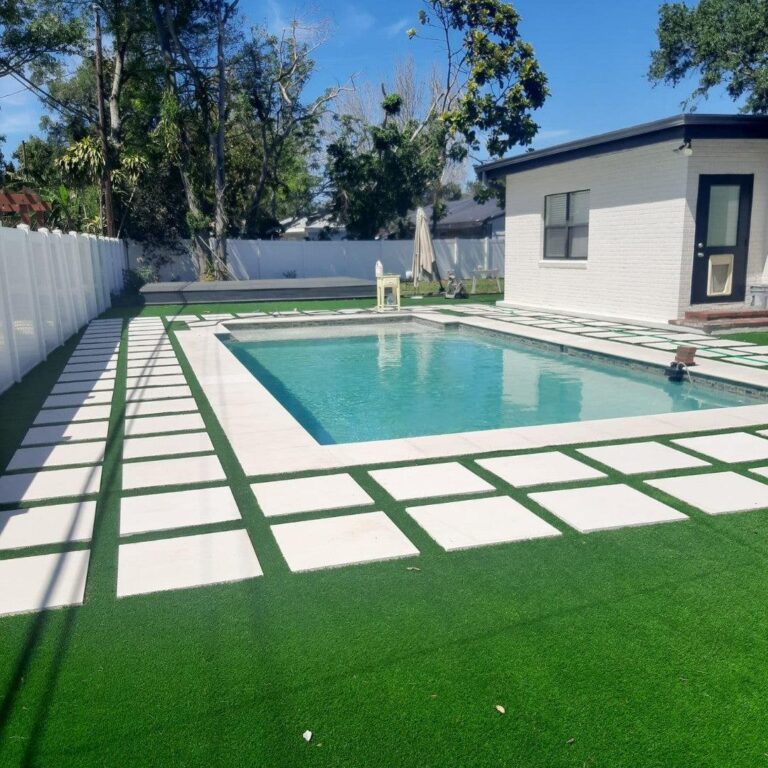AC Leak Claim: Avoid Common Mistakes and Delays
Homeowners in Florida often discover water damage long after it’s begun slow leaks from air conditioning systems can go unnoticed until walls, ceilings, or flooring start showing signs of dampness.
When this happens, filing an water damage claim becomes the next logical step. Yet, many policyholders encounter delays, denials, or reduced payouts simply because these claims are more complex than they appear.
Why AC Leaks Are So Common in Florida Homes
Florida’s humidity and high AC usage mean air conditioners run almost year-round. Over time, drain lines clog, evaporator coils freeze, or condensation pans overflow leading to gradual leaks. These small issues can cause major water damage to drywall, insulation, or flooring if left unchecked.
While homeowners may assume their insurance automatically covers these damages, insurers often interpret slow leaks differently from sudden and accidental events, which creates room for disputes.
Why Insurance Companies Deny AC Leak Claims
Insurance companies often reject or reduce payouts for air conditioning-related damage when they determine that the issue developed gradually due to poor upkeep or neglect. Most policies exclude “long-term seepage,” which is treated as a preventable problem.
Another common reason for refusal is lack of proper evidence homeowners sometimes fail to note when the leakage was first noticed or forget to attach photos showing the water impact. Delayed reporting or inconsistent repair documentation can also weaken the case.
How to Strengthen Your Claim Before Filing
Homeowners can avoid most pitfalls by preparing carefully before notifying their insurer. Start by stopping the source of the leak immediately, then document every visible sign of damage. Take dated photographs, save repair receipts, and record when the issue was discovered.
It’s also wise to review the home insurance policy’s section on water damage to confirm coverage scope. Proper documentation and timely reporting reduce the chances of a dispute once the claim is submitted.
Role of a Public Adjuster in AC Leak Claims
Handling insurance paperwork, negotiations, and inspections can be overwhelming especially when you’re already dealing with water damage. A licensed public adjuster can help by assessing the full extent of damage, preparing a comprehensive report, and negotiating directly with the insurer to ensure fair compensation.
Since public adjusters work solely on behalf of the homeowner, their involvement often results in faster, more accurate settlements. Their technical expertise also helps identify hidden moisture or structural damage that insurers might overlook.
Hidden Damage and Long-Term Consequences
AC leaks can lead to more than just visible stains or warped flooring. If moisture seeps into walls or insulation, it can create conditions for mold growth a problem that may not surface for weeks or months. Left untreated, this can impact indoor air quality and lead to costly remediation.
This is why early detection and accurate claim reporting are essential. Even small leaks can escalate into major restoration projects if not properly addressed through a detailed claim.
Preventive Steps for Homeowners
Routine air conditioner maintenance can greatly reduce the risk of future leaks. Clearing drain lines, replacing filters, and inspecting condensation pans every few months helps prevent blockages that cause overflows.
Scheduling annual AC tune-ups also provides a record of maintenance, strengthening your position if a claim ever becomes necessary. By combining preventive care with thorough documentation, homeowners can protect both their property and their insurance coverage.
Protecting Your Home from Future Water Damage
AC-related leaks might start small, but their financial impact can grow quickly if mishandled. Understanding how insurers evaluate such claims and how to document them effectively makes all the difference.
Partnering with a licensed professional ensures accurate assessment, timely reporting, and fair resolution. In a state where air conditioning is a necessity, proactive maintenance and informed claim handling remain the best defense against unexpected water damage.







